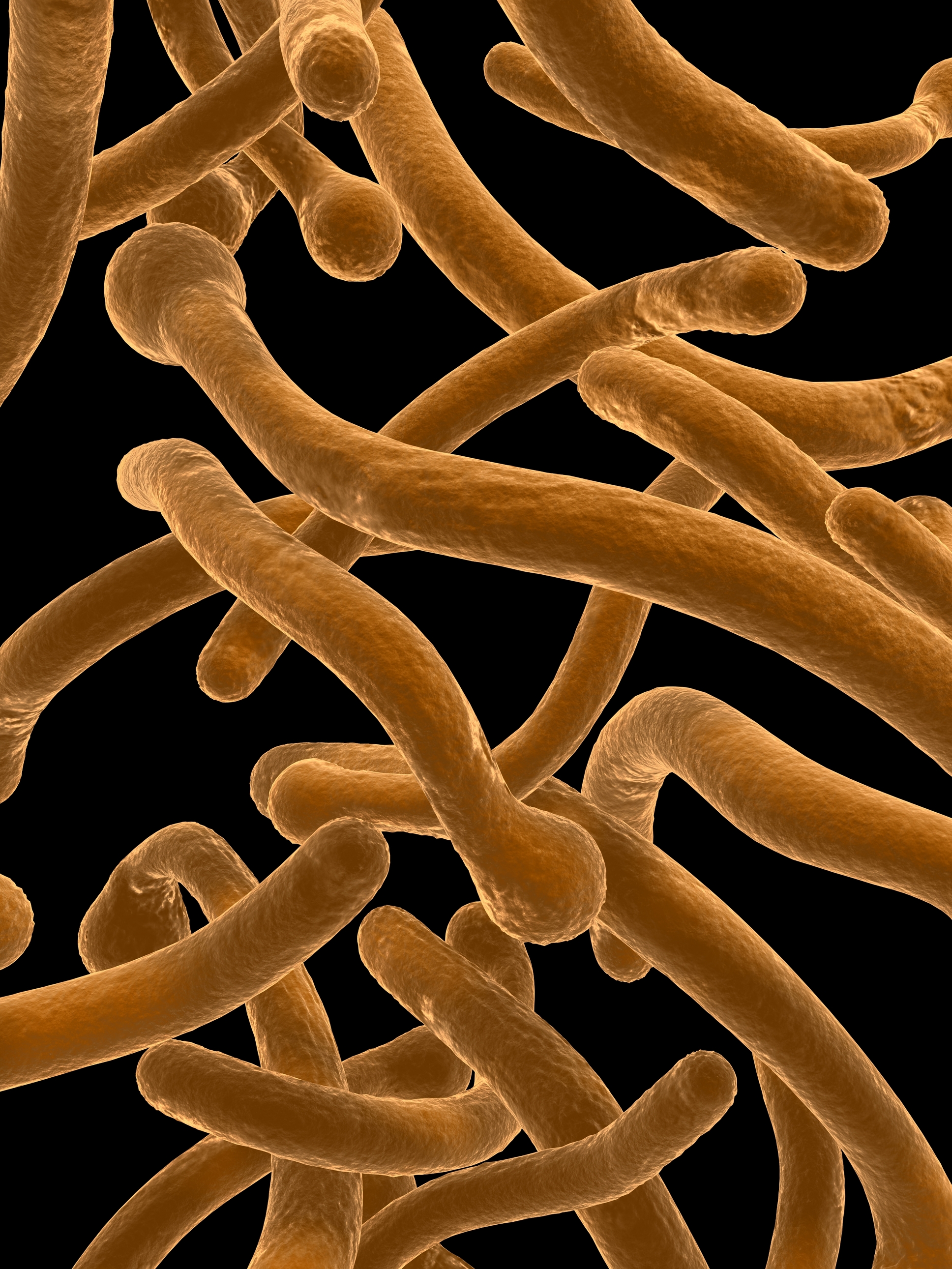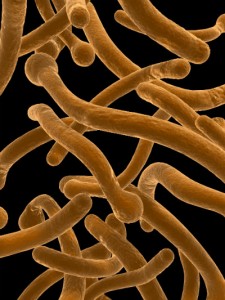 Learn how toxins and lifestyle factors contribute to autism, PDD-NOS, ADHD, sensory processing disorder, hypotonia, retained reflexes and developmental delays.
Learn how toxins and lifestyle factors contribute to autism, PDD-NOS, ADHD, sensory processing disorder, hypotonia, retained reflexes and developmental delays.
In this video presentation, Patty Lemer, Executive Director and Co-Founder of Developmental Delay Resources, explains the top toxins and their effect on the health and development of fetuses, babies and children.
Patty shows us how endocrine disruptors like soy, fluoride, chlorine and flame retardants as well as heavy metals like mercury contribute to these disorders.
Patty also tells us how to enhance our body’s ability to detoxify as well as how to avoid exposure to toxins.
 Did you know that gut dysbiosis, which means there are too many pathogens outnumbering probiotic bacteria, is linked to autism, PDD-NOS, ADHD, allergies, asthma, sensory processing disorder, colic, eczema, IBS and autoimmune diseases like lupus, fibromyalgia and rheumatoid arthritis?
Did you know that gut dysbiosis, which means there are too many pathogens outnumbering probiotic bacteria, is linked to autism, PDD-NOS, ADHD, allergies, asthma, sensory processing disorder, colic, eczema, IBS and autoimmune diseases like lupus, fibromyalgia and rheumatoid arthritis? Iron deficiency is often linked to ADHD symptoms. Premature babies given supplemental iron are less likely to develop ADHD later in life.
Iron deficiency is often linked to ADHD symptoms. Premature babies given supplemental iron are less likely to develop ADHD later in life.  Babies deprived of oxygen before birth are far more likely to have ADHD later in life. Babies that experienced birth trauma or fetal distress such as birth asphyxia, neonatal respiratory distress syndrome and preeclampsia are 16% more likely to have ADHD.
Babies deprived of oxygen before birth are far more likely to have ADHD later in life. Babies that experienced birth trauma or fetal distress such as birth asphyxia, neonatal respiratory distress syndrome and preeclampsia are 16% more likely to have ADHD.  Maternal consumption of wheat is a risk factor for schizophrenia. Wheat can be inflammatory to some people.
Maternal consumption of wheat is a risk factor for schizophrenia. Wheat can be inflammatory to some people. It’s a bad idea to take antibiotics during pregnancy. Children whose mothers took antibiotics during pregnancy are more likely to develop asthma, as well as autism, ADHD, learning disabilities, dyslexia, arthritis, allergies, depression, bipolar disorder, eczema, kidney problems, schizophrenia, acid reflux, colic and autoimmune disorders.
It’s a bad idea to take antibiotics during pregnancy. Children whose mothers took antibiotics during pregnancy are more likely to develop asthma, as well as autism, ADHD, learning disabilities, dyslexia, arthritis, allergies, depression, bipolar disorder, eczema, kidney problems, schizophrenia, acid reflux, colic and autoimmune disorders.  What? Yep, french fries and any other browned, starchy foods like potato chips and cereal contain acrylamides, which are both neurotoxic and carcinogenic.
What? Yep, french fries and any other browned, starchy foods like potato chips and cereal contain acrylamides, which are both neurotoxic and carcinogenic. 
 Flame retardants are endocrine disruptors found in almost all new furniture. They are linked to autism, ADHD, developmental delays, hypothyroidism and more. Dust tainted by the couches and other household items is “a major route of exposure to people.”
Flame retardants are endocrine disruptors found in almost all new furniture. They are linked to autism, ADHD, developmental delays, hypothyroidism and more. Dust tainted by the couches and other household items is “a major route of exposure to people.”  Here’s another reason to eat organic food and stop spraying your lawn: even low levels of organophosphate pesticides cause brain damage. Exposure is linked to a decline in memory and slower processing speed.
Here’s another reason to eat organic food and stop spraying your lawn: even low levels of organophosphate pesticides cause brain damage. Exposure is linked to a decline in memory and slower processing speed. 

